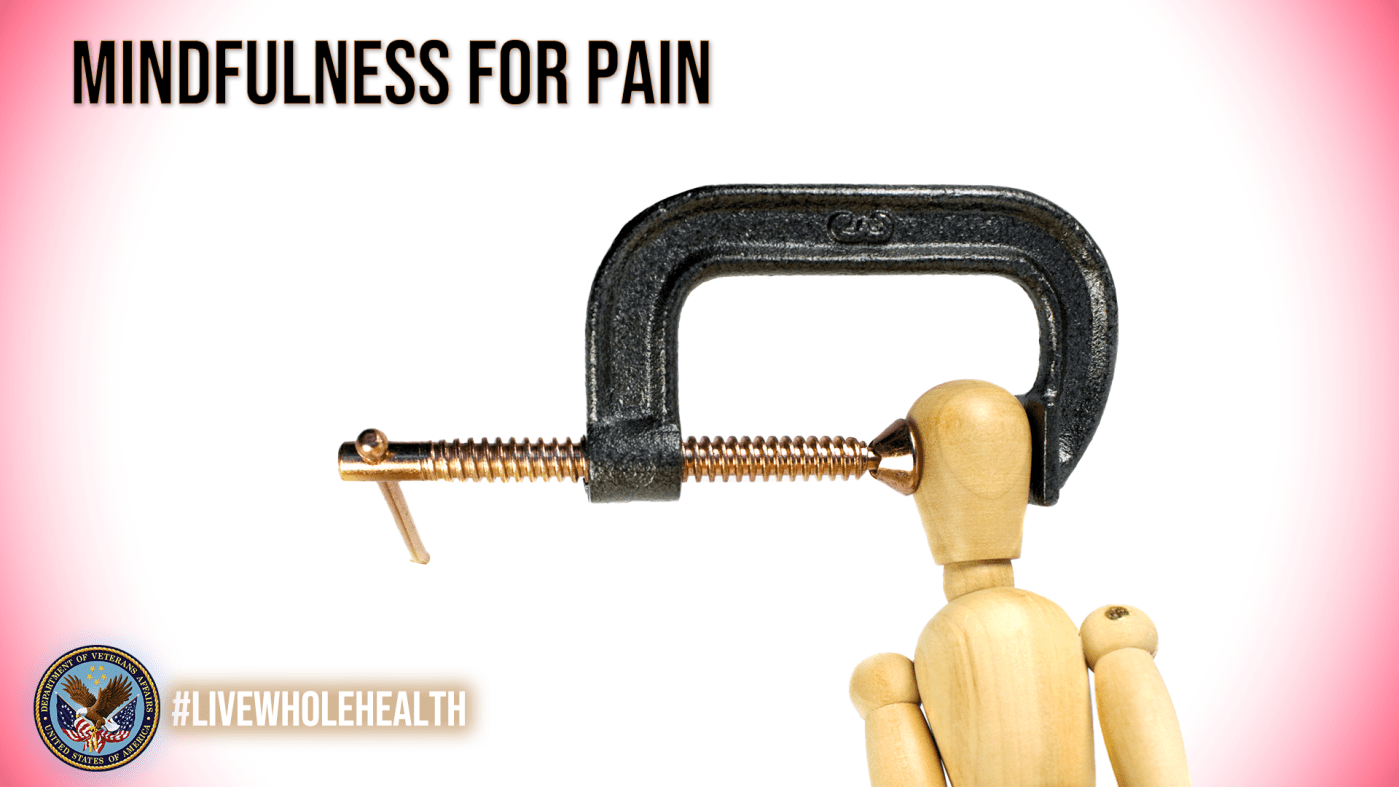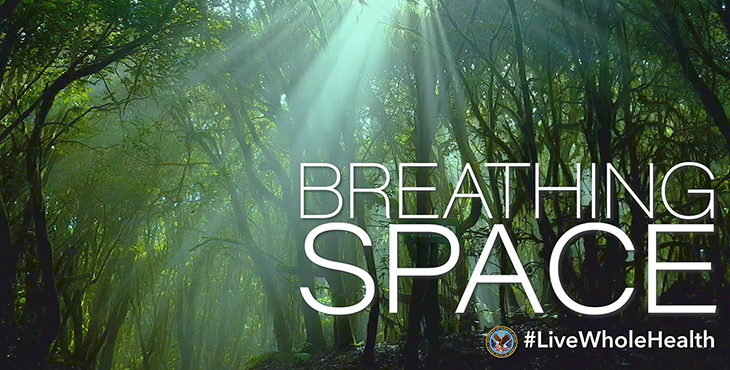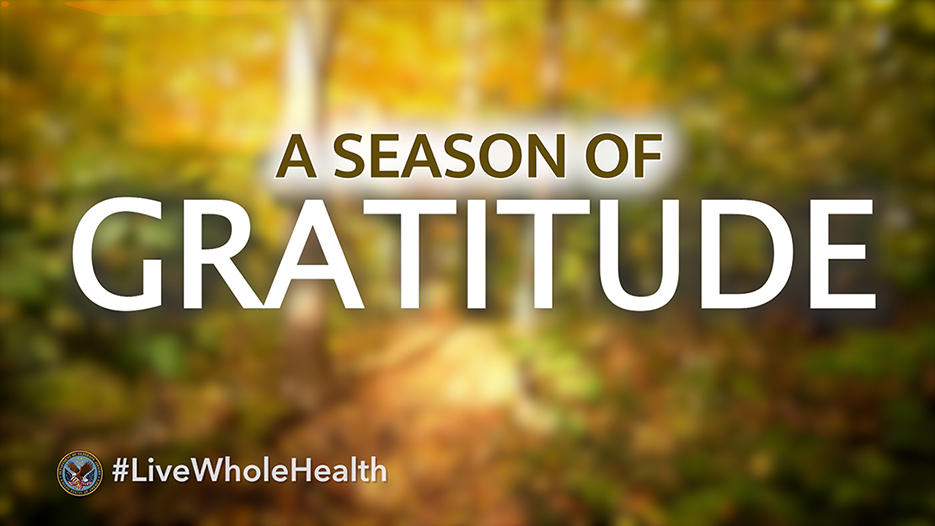Do you suffer from chronic pain? You are not alone: Estimates show that about one in five people in the United States have some sort of chronic pain and billions of dollars are spent every year on treatment.
Chronic pain is pain that lasts longer than three to six months and persists after tissue healing has occurred. For many, chronic pain has no clear cause and may last for years or even decades.
Living with chronic pain can have a profound impact on your life, but there are ways to learn to manage it. Other treatments approaches—such as yoga, tai chi, and mindfulness—are helpful as a comprehensive approach for enhancing self-management of this chronic condition as opposed to eliminating pain.
Mindfulness can help
Studies have shown that mindfulness can help increase acceptance of chronic pain and improve functioning, as well as reduce symptoms of anxiety, depression and bodily tension.
As a licensed independent clinical social worker, my video below follows a guided mindfulness meditation for chronic pain. The first half of this 13.5-minute video involves settling into the moment, and the second half provides guided instructions on working with pain and experiences associated with pain.

Mindfulness can help with pain through the following possible pathways:
- Neurological: People with chronic pain often have heightened sensitivity and focus on pain. Mindfulness techniques help open our awareness to other sensory inputs, such as sound and touch. As a result, people experience their pain as less bothersome or noticeable, even though it is still there.
- Acceptance: Mindfulness practice develops our capacity to let go of judgment of our current experience and to be with it as it is. Acceptance of pain can be helpful in stopping the tug-of-war with pain and focusing our energy on living a life that we value. Practicing acceptance can decrease depression and anxiety, which are also contributors to pain.
- Relaxation: While the goal of mindfulness is not relaxation, many report increased relaxation and reduced tension during and after mindfulness meditation. Reducing tension can help reduce or prevent increased pain.
More resources
Interested in learning more about mindfulness, including learning simple practices that can help improve your health and well-being? Check out the free VA Mindfulness Coach mobile app or check out the Mindful Awareness section of the Whole Health website. You can also ask your local Whole Health Facility Contact about programs and services offered at your VA.
Topics in this story
More Stories
Rumi’s "The Guest House" invites us to welcome each emotion as a teacher, even the unexpected ones. Listen and reflect for this week's #LiveWholeHealth practice.
Your breath is the most loyal friend you've always had. Connect, calm and heal with mindful breathing in this week's #LiveWholeHealth practice.
Gratitude is a light that shines through life’s ups and downs. Embrace gratitude this holiday season in just five minutes for this week's #LiveWholeHealth practice.







None of this Yoga crap works. The VA took away pain medication that was working for us combat veterans. Now we suffer every day with no hope in sight. So stop pushing things that do not work for most of us.
Love this for lower back pain!